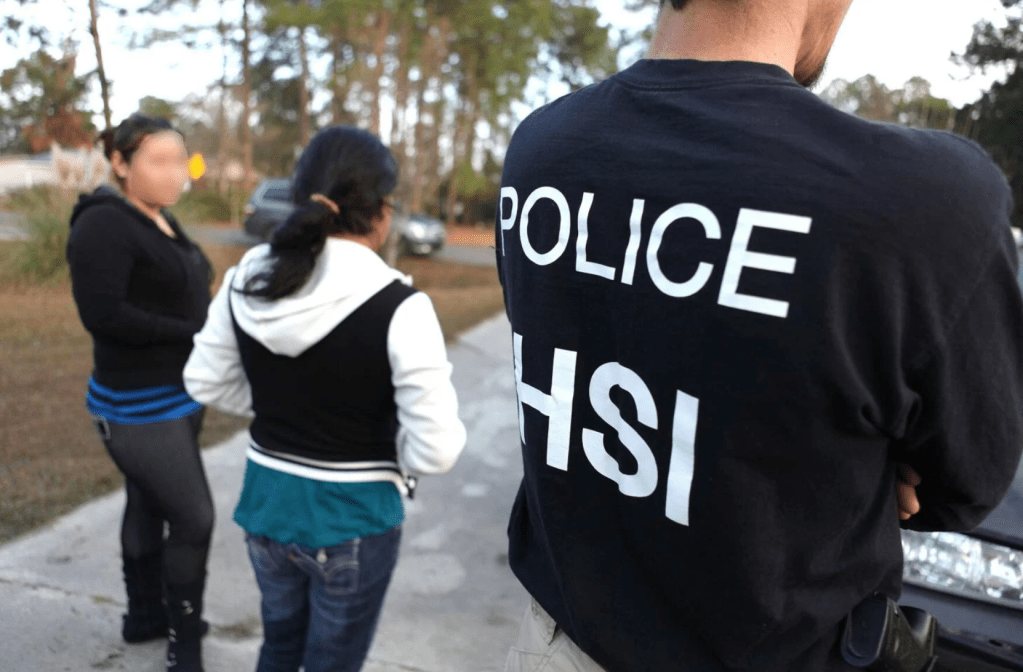Louisiana’s Office of Human Trafficking Prevention educates youth leaders
Published 8:52 am Tuesday, July 30, 2024

- U.S. Immigration and Customs Enforcement announced the results of a lengthy investigation, called Operation Dark Night, into a sex trafficking stretching from Florida to Georgia to North and South Carolina on Jan. 16, 2013. The investigation was led by ICE's Homeland Security Investigations. Shown here is a HSI agent with two trafficking victims. (Charles Reed | DVIDS)
By Jacob Mathews | The Center Square
Education on human trafficking prevention highlighted the Louisiana Legislative Youth Advisory Council meeting on Tuesday.
Mary Kate Andrepont is the program manager for the Office of Human Trafficking Prevention. She told the council, a group of high school students from different parishes across Louisiana, about what human trafficking is and how to prevent it.
That includes where it can happen, social media, foster homes, even in neighborhoods and homes of the people they trust. Grooming is the number one strategy that supposed loved ones will use to traffic victims.
“In most cases, trafficking victims are not kidnapped. It’s similar to sexual abuse in that you know your perpetrator, and traffickers are grooming their victims,” Andrepont said.
Andrepont said the majority of victims range from 14 to 17 years old. In 2023, the office identified 992 victims of trafficking in the state. She couldn’t pinpoint the amount of money spent on trafficking in Louisiana but cited a common statistic that the estimated worldwide average is over $4 billion.
Andrepont also bragged about the office and its services, stating that Louisiana is ahead of the curve when it comes to fighting trafficking.
“Not many states have offices dedicated to preventing trafficking,” Andrepont said.
In 2022, the Legislature passed Act 662 which makes care coordination and advocacy services available for child victims of sex trafficking.
Care coordination and advocacy services may include: Face-to-face visits for emotional support, updates to safety plans, assistance with referrals and implementation of services, 24 hour on-call crisis assistance to respond to the needs of the child, assistance with transportation and other physical needs, and education on how to monitor and address the child’s internet access, messaging and telephone contacts.
This program is also financed by allocated state funds instead of depending exclusively on nonprofit organizations.


